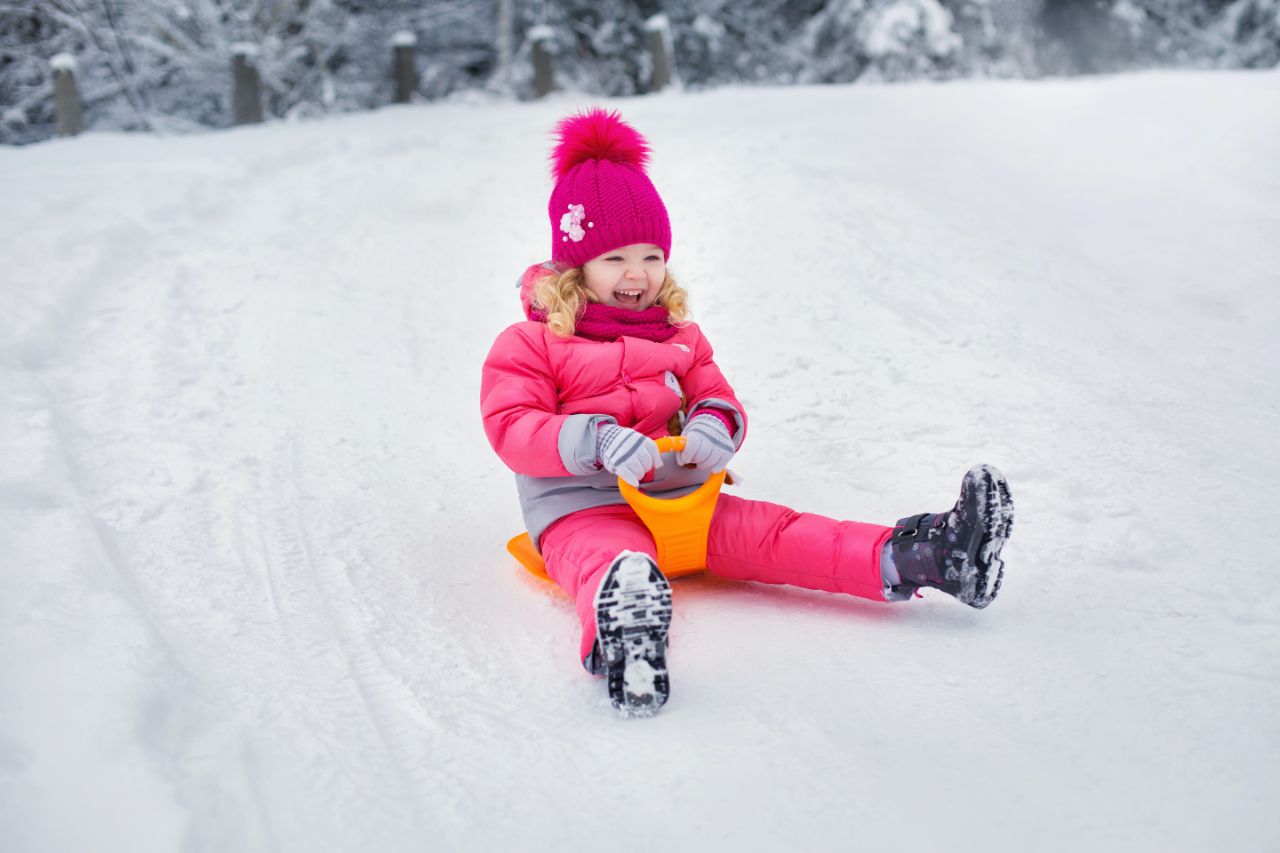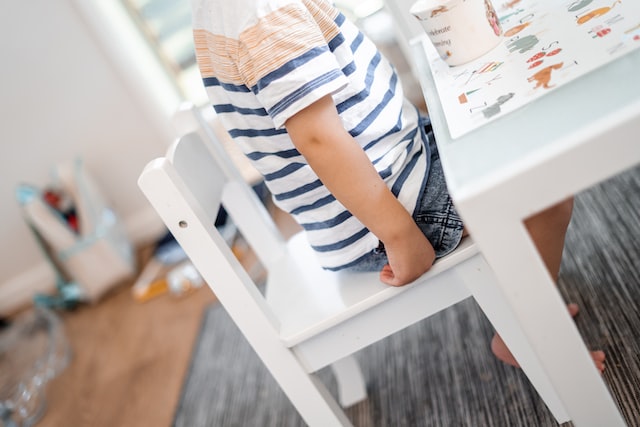I am a former foster child here in Alberta. As an Indigenous man, I am proud of who I am and my culture. My desire in sharing my story is to provide encouragement for foster families and wisdom specifically for those who are fostering Indigenous children.
I came into care at birth due to health complications. My foster parents brought me home from the hospital at the age of one. I had visits with my birth family as a child, those visits came to an end because I often came back sick or ended up in the hospital following them. My foster mom would send with me a list of what I could and couldn’t eat due to digestion issues, however, my birth family had difficulty following these restrictions while I was in their care.
My birth family went to court when I was nine years old to regain custody of me. I think I was traumatized by getting sick when visiting them as an infant and toddler because I remember going into the judge’s chambers and telling him that I desired to stay with my foster family.
My foster parents made me feel accepted, I see them as my mom and dad. My best memories were at home, birthdays, and holidays. I got to see the world. Any kid lucky enough to be placed in my parents’ care was bound to go on vacations! I loved the trips to Banff Springs. Pine Lake was also a yearly tradition every Father’s Day. I remember I caught a tiny fish one year and was so proud when my Mom cooked it up for the family!
Despite the happy memories, I faced many challenges in my life, including an identity crisis, rotating social workers, and an over-bearing foster sister. My treatment while in the womb also affected my life and resulted in health complications.
Being placed in a non-Indigenous home contributed to my identity crisis. One of my earlier memories was wondering when my brown skin was going to peel off and I’d be white to “fit in” with my foster family. I would shy away from darker-skinned people, but as a child, Mom and Dad always did the best thing, and that was to acknowledge my heritage and encourage me to learn more. I still remember vividly when the Indigenous dancers came on stage during the 1988 Olympics my parents encouraged me to stand up and watch. I sat down and refused.
At 16 I felt lost inside and abandoned, unattached but attached. I ran away and lived on the streets. I met other foster kids and soon realized a bossy sister wasn’t all that bad compared to what others had gone through. I stayed on the street for three years and got a job working with trucks, a lead that came from a trucker who picked me up while hitchhiking.
I reunited with my foster parents when I was 17. Throughout my life and into adulthood my foster parents remained my parents. Dad was my best man at my wedding, and my mom loved my new bride (now wife), to the point where they had secret conversations about me that I’ll never know about! That’s a connection I hope becomes more common with foster kids.
My parents were avid readers of positive books and this influenced me. I read “How to Win Friends and Influence People” by Dale Carnegie at age 10 and “Lincoln on Leadership” at age 11. My parents surrounded me with smart, positive, and successful people they knew. Hearing these adults speak to me about overcoming their challenges had an impact on me at a very young age.
My life experiences led me to various work experiences. From a dishwasher to a sous chef by age 22, to a career into the energy sector and then security. I’ve also owned businesses and am currently in real estate. I apply the lessons dad and mom taught me daily as a Canadian, husband, father, and business owner.
I’m now comfortable with who I am. I’ve learned an abundance of Indigenous history so I can educate my children about their culture and history. For new foster parents or those who have Indigenous children in their homes, my advice is to understand and educate your children and yourselves about this country’s history, laws such as the Indian Act, systemic racism and how the systems are set up including the difference between reserve and non-reserve Indigenous peoples.
My foster parents have both sadly passed away now. I never missed an opportunity to thank them for their dedication and most importantly, love. I’m married now to my lovely bride, middle-aged, and living with my family of five. The lessons I learned while being raised by my foster parents continue to serve my family every day.
I wanted to thank Foster Calgary the Calgary and District Foster Parents Association for your service to the community. I look back fondly on the service you provided to our community – whether it is the camping trips, swimming at the old Alberta Children’s Hospital, and of course the holiday parties!
Do you have a story you’d like to share about fostering, either your story as a parent or poster child? We’d love to hear about it? Reach out to us at [email protected]!
For fostering support and resources, or to learn more about becoming a foster parent in Calgary and the surrounding area, visit fostercalgary.com or you can follow-us on Facebook and Twitter.




